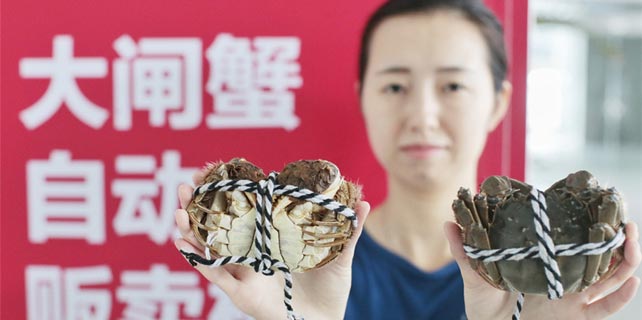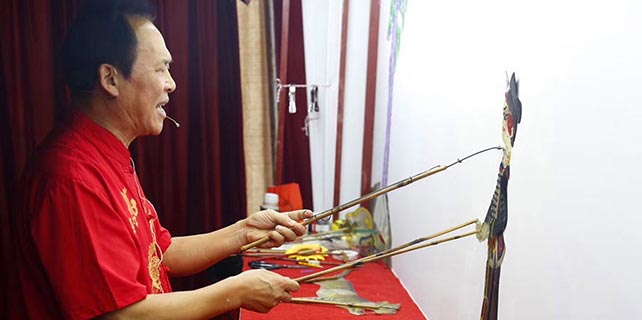Japan's PM calls snap election as opposition parties look to join forces
Thursday's dissolution marks the 4th time in postwar Japan that the lower chamber has been dissolved on the day the Diet has convened.
The Japanese leader could theoretically serve until 2021 if he is reelected as party leader next year. This would make him the longest-serving prime minister in Japanese history.
Recent polls, however, have shown that the majority of voters are opposed to this idea.
The public have also been opposed to the calling of a general election within the period of which the prime minister's last term would have naturally ran its course, the latest polls revealed.
Abe has also been accused by opposition parties and the public of calling the snap election as a means of merely extending his grip on power.
Claims that Abe has dissolved the lower house at this juncture have also been leveled at the premier as a strategy by him to avoid having to answer multiple allegations of cronyism by the opposition camp during parliamentary debate.
The Japanese prime minister has said he will step down if his ruling LDP fails to secure a basic majority in the polls next month.
The ruling coalition currently controls 68 percent of seats in the 475-member lower house, including 288 for the LDP and 35 for its coalition partner Komeito.
The total number of seats, however, is set to be reduced to 465 in the next election as part of a reform aimed at reducing the excessive weight given to rural votes under the current system.
Since the recent shake up in national politics of the past 48-hours, Abe has been muted on his contentious plans to amend Japan's pacifist constitution.









